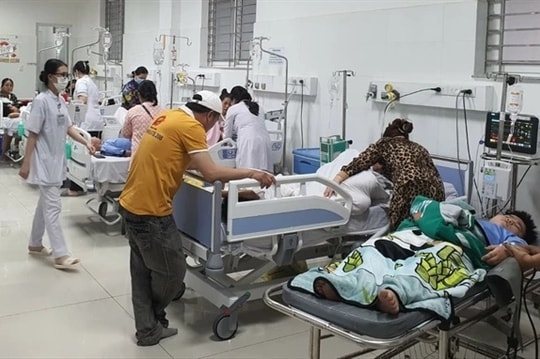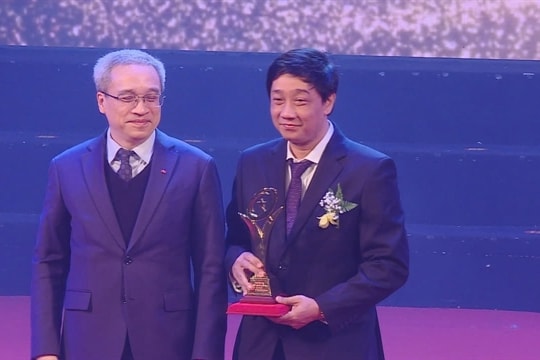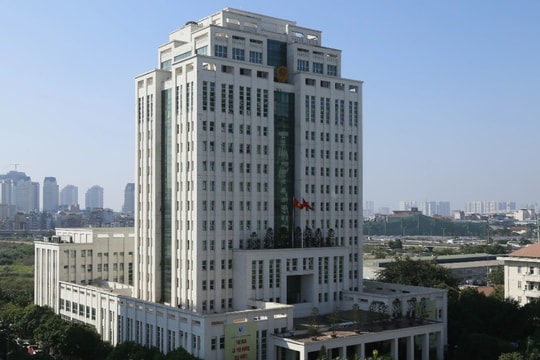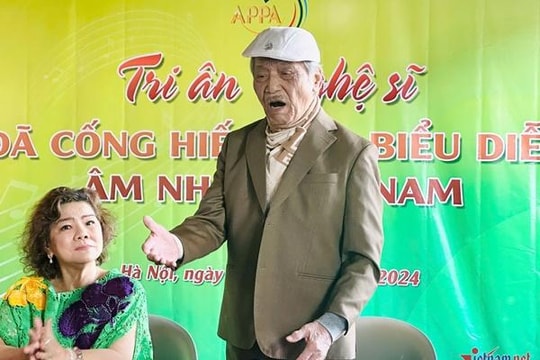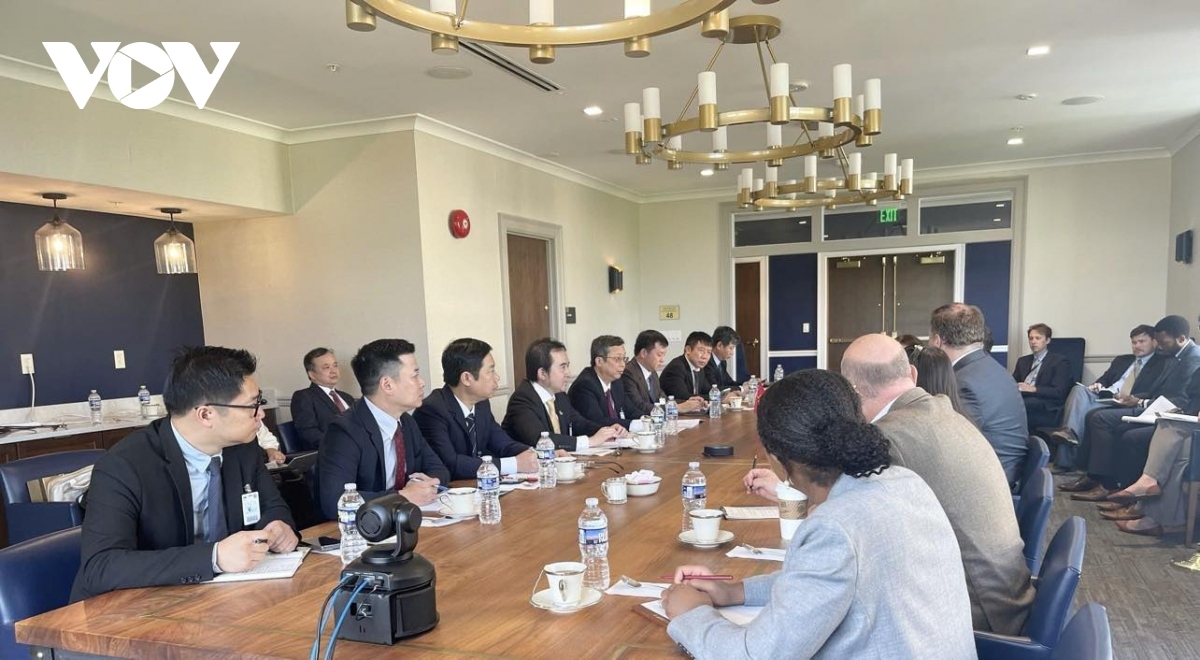
Deputy Minister Hoang Trung's visit aims to accelerate the opening of markets for some fruits that Vietnam has export advantages in, strengthen cooperation between the two ministries in the field of plant protection, and promote technical cooperation and investment in sustainable agricultural production and emission reduction.
According to Deputy Minister Hoang Trung, Vietnam has 8 types of fruit exported to the US market and passion fruit is the 9th. Up to now, the technical steps have been handled by both sides in accordance with each side's regulations and hopefully in the near future, Vietnamese passion fruit will be exported to the US market.
Regarding the market opening, the MARD has directed the completion of technical documents for a series of fruits such as seedless lemons, jackfruit, and guava.
These are the fruits that, according to the proposal of US businesses as well as the Vietnamese community in the US, are very highly expected to be exported to the US market, Trung said, adding that his ministry will continue to negotiate to open the door so that these fruits will soon be available in the US.
At the meeting, both officials expressed their delight to see US peaches/nectarines allowed to be shipped to the Vietnamese market and that the two sides had made important strides in market access for a number of other fruits from the two countries.
Specifically, both sides agreed on technical requirements for Vietnamese passion fruit and made strides in the review process for U.S. mandarins. Hafemeister noted that the US has never enjoyed such a close cooperative ties with any other regional partner.
He pledged to further ramp up technical cooperation, enhance the capacity of both nations’ management agencies in pest control, risk analysis, and research and development, and implement new initiatives and improve crop varieties.
To support the continued growth and market share of Vietnam's agro-forestry-fishery products, Deputy Minister Hoang Trung expressed hope that the USDA will play an appropriate role in the consultation process regarding trade defence cases against Vietnamese agro-forestry-fishery products, particularly those involving timber, warm-water shrimp, and honey.
The US side recognized the commercial significance of these products in stabilizing farmers' livelihoods and acknowledged the legitimate interests of Vietnamese enterprises.
With regard to implementing new measures in animal and plant quarantine, both sides agreed on the general principle of adhering to multilateral international trade commitments to which both sides are members. They emphasized compliance with domestic laws while promptly updating practices in line with new trends in trade, production, and disease management for animals and plants.
The United States pledged continued support for Vietnam in carrying out projects related to fertilizer management, biological pesticides, and rice production in the Mekong Delta region.
At the conclusion of the working session, both sides shared their commitment to developing green and environmentally responsible agricultural production, collaborating to ensure global food security. They reaffirmed their intent to boost cooperation and mutual support in realizing global initiatives on smart, climate-resilient, and environmentally friendly agriculture. This includes the "Agricultural Innovation to Respond to Climate Change" (AIM4C) initiative and the Action Alliance "Promoting Sustainable Productivity Growth for Food Security and Resource Conservation" (SPG).
The United States is a crucial export market for Vietnamese agro-forestry-fishery products. In 2023, Vietnam's agro-forestry-fishery exports to the highly lucrative market gross US$10.96, accounting for 20.7% of the nation’s total agricultural exports globally.
Some products with large export turnover to the US market include wood and forestry products with US$7.58 billion (down 15.6%), seafood with US$1.56 billion (down 27%), and cashew nuts with US$885 million (up 5%).



